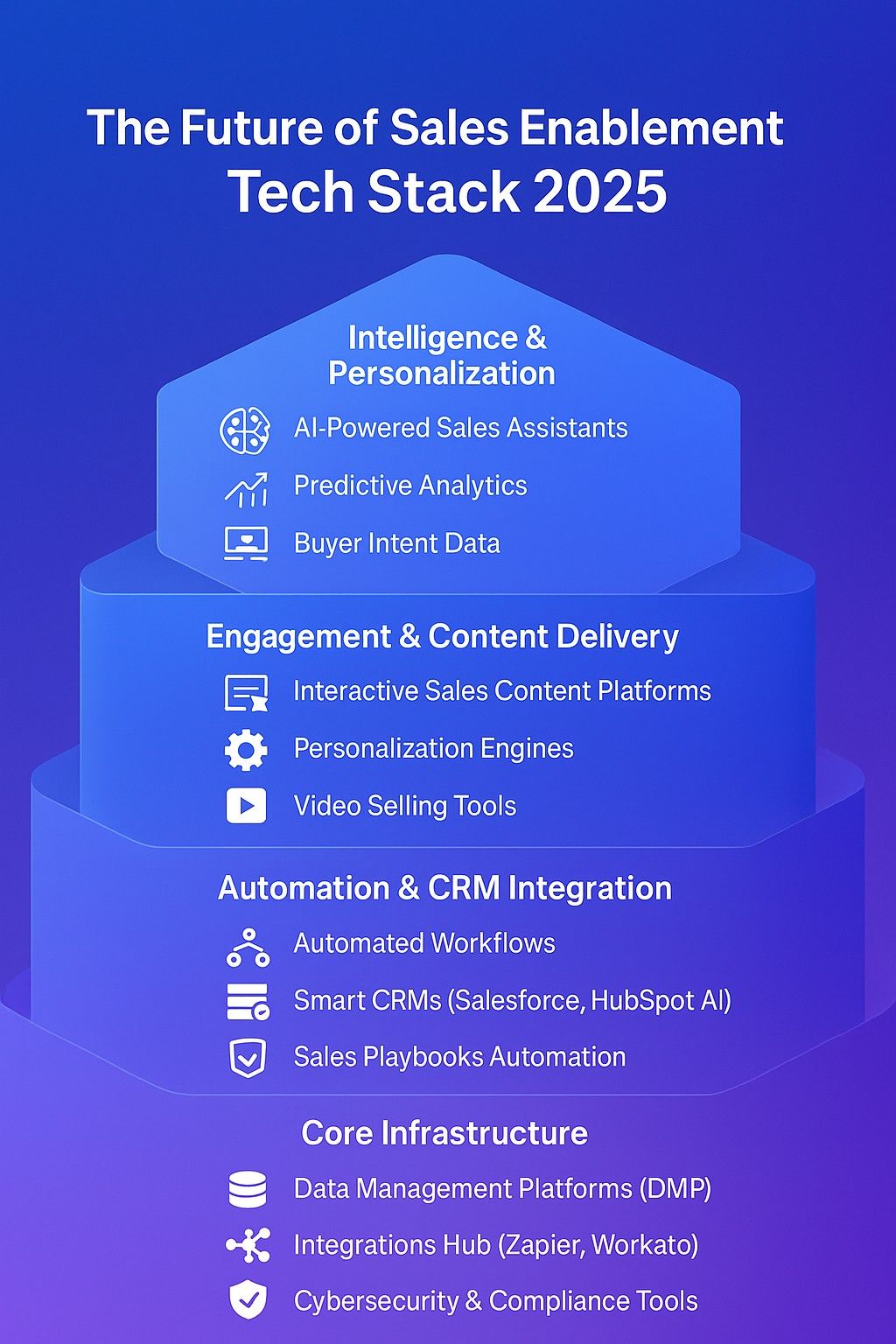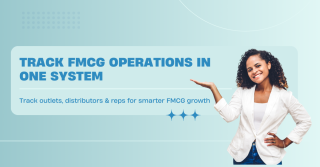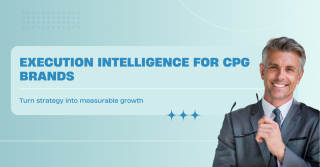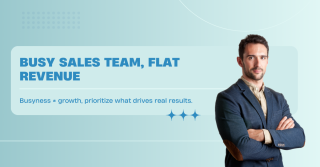Sales Enablement in 2025: Trends, Technologies, and Strategies to Watch
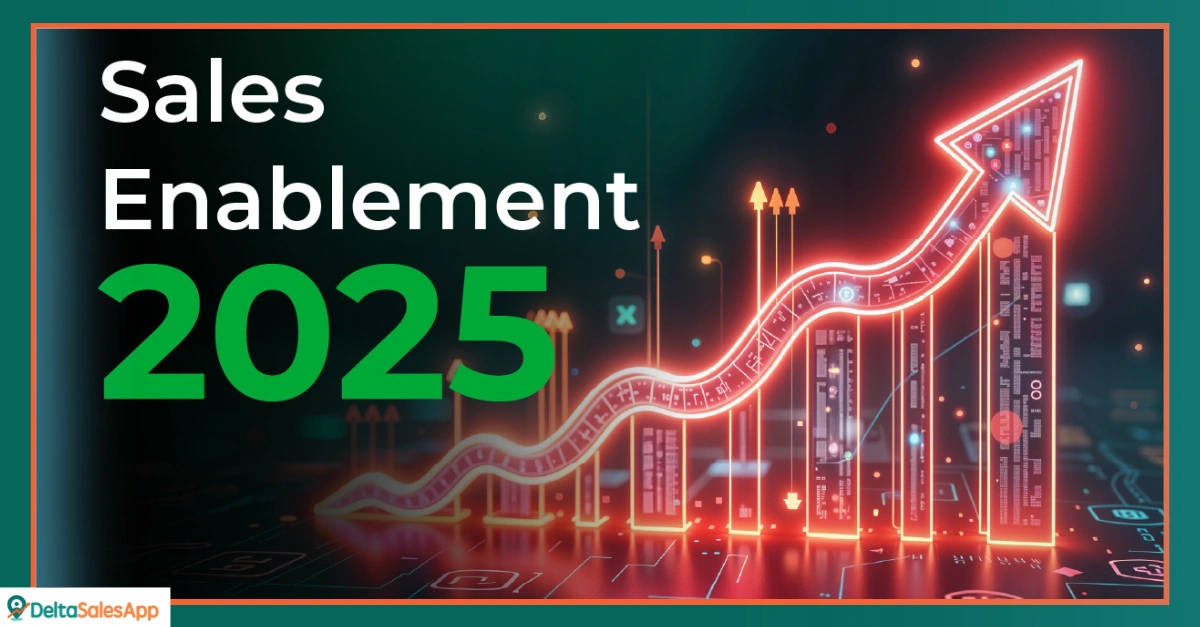
As the world of sales continues to evolve rapidly, sales enablement in 2025 is no longer just about giving reps a few PDFs or a product sheet. It's about creating an integrated, tech-powered ecosystem where CRM tools, intelligent content delivery, field sales apps, and data analytics work seamlessly together to drive revenue. Companies that embrace these changes are not just staying ahead; they're rewriting the playbook for customer engagement and business growth.
Let's dive deeper into how sales enablement is transforming in 2025, the technologies leading this change, and the strategies businesses must adopt to stay competitive.
The New Definition of Sales Enablement
Five years ago, sales enablement was largely focused on training programs and providing sales teams with updated marketing materials. Fast forward to 2025, and it's clear that the function now acts as the central nervous system of the modern sales organization.
Today, sales enablement involves:
-
Strategic alignment between marketing, sales, and customer success teams
-
Deep integration with CRM platforms to personalize buyer journeys
-
Utilization of field sales apps for real-time engagement
-
AI-driven insights for content delivery and lead prioritization
-
Continuous coaching and performance feedback loops
In essence, sales enablement in 2025 is about creating a dynamic, data-driven environment that empowers salespeople to be proactive, consultative, and significantly more effective.
Key Trends Shaping Sales Enablement in 2025
1. Hyper-Personalization at Scale
Customers today expect tailored experiences, and in 2025, personalization has evolved into hyper-personalization. Sales reps are now armed with CRM tools that leverage AI and machine learning to predict customer behavior, preferences, and needs even before they speak to a rep.
A recent study by Gartner revealed that companies using hyper-personalization techniques have increased their sales conversion rates by up to 45% compared to those who don’t.
Comparison of Sales Conversion Rates - Traditional vs. Hyper-Personalized Approaches
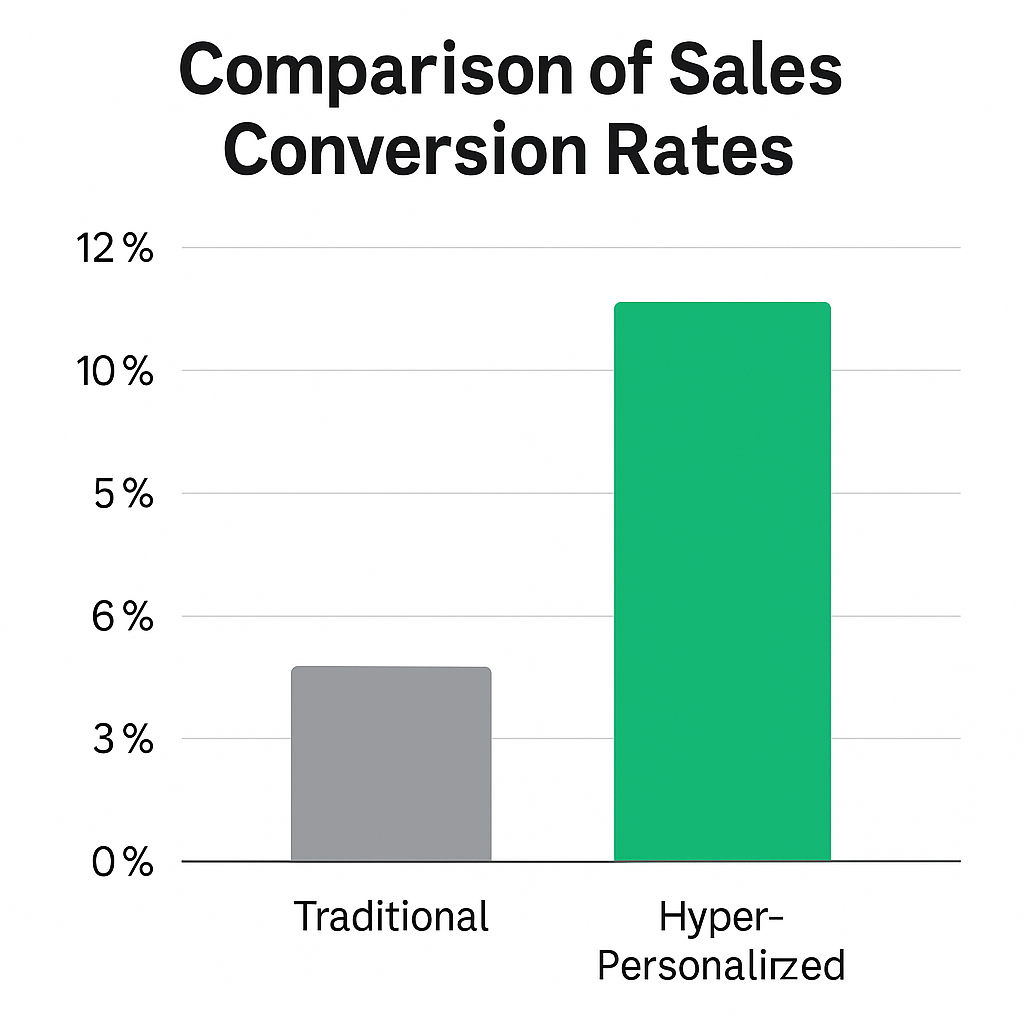
What does it Show?
This simple 2-bar chart compares how effective two different sales approaches are at converting leads into actual customers
-
Traditional Approach (gray bar):
-
Has a low conversion rate, around 4%.
-
Represents generic sales tactics like mass emails, cold calls, or one-size-fits-all messaging.
-
-
Hyper-Personalized Approach (green bar):
-
Has a much higher conversion rate, around 12%.
-
Represents tailored sales strategies, like custom offers, personalized communication, and using customer data for better targeting.
-
2. The Rise of Field Sales App
While remote work soared during the pandemic years, field sales is back in full force — but smarter. Field sales apps have become critical tools for on-the-go reps. These apps now offer:
-
GPS-based customer mapping
-
Real-time access to CRM data
-
Instant order placement and inventory management
-
On-the-spot digital signature capture
The use of a field sales app not only increases efficiency but ensures that reps are better prepared, more organized, and more effective during client visits.
According to a 2025 Sales Force report, companies that fully integrate field sales apps into their operations see an 18% faster deal closure rate compared to those relying on manual field reporting.
Emerging Technologies Powering Sales Enablement
Artificial Intelligence and Machine Learning
AI is not new, but its applications in sales enablement are getting smarter. AI now powers lead scoring, opportunity prioritization, coaching bots, and even next-best-action suggestions during live sales calls.
Predictive analytics tools integrated with CRM systems are capable of analyzing a buyer's digital footprint across multiple channels to forecast their likelihood of conversion with astonishing accuracy.
Advanced CRM Systems
Today's mobile CRM platforms are no longer just databases of customer contacts. They are intelligent ecosystems providing actionable insights, automating repetitive tasks, and even suggesting personalized outreach strategies.
Modern CRMs are now tightly integrated with marketing automation tools, customer service platforms, and field sales apps, creating a unified view of the customer journey from the first touchpoint to post-sale engagement.
Augmented Reality (AR) and Virtual Reality (VR)
While still emerging, AR and VR are finding their footing in sales enablement. Product demonstrations, virtual showroom tours, and immersive training programs are becoming commonplace.
Imagine a field rep using a field sales app that offers an AR overlay, helping customers visualize complex machinery setups in their facilities. This is not sci-fi — it's 2025 reality.
Sales Enablement Strategies to Win in 2025
1. Prioritize Content Intelligence
Gone are the days of static content libraries. In 2025, winning sales organizations use content intelligence tools that dynamically serve the right piece of content to the right rep at the right time, based on buyer signals.
2. Tight CRM Integration
A disconnected tech stack kills productivity. Deep CRM integration with sales enablement platforms, marketing tools, and field sales apps ensures that reps have a 360-degree view of their customers and prospects.
3. Invest in Field Sales Technology
With field sales apps offering real-time analytics, customer location tracking, and instant order management, equipping your field teams with the best tools is non-negotiable.
4. Leverage Data-Driven Coaching
Sales managers now use AI tools to analyze calls, emails, and meetings, providing personalized coaching to each rep. This leads to continuous improvement and a stronger sales force.
5. Build a Buyer-Centric Enablement Strategy
Rather than focusing purely on internal metrics, top sales organizations design their enablement strategies around the buyer's journey, ensuring that every interaction adds value.
Challenges to Overcome
Of course, this new era of sales enablement doesn’t come without hurdles:
-
Data Privacy Concerns: With increasing reliance on data-driven personalization, companies must stay compliant with evolving privacy regulations like GDPR 2.0.
-
Change Management: Implementing new technologies and processes requires cultural change, which can meet resistance.
-
Skill Gaps: Reps must be continually upskilled to effectively use new tools like AI-enabled Customer Relationship Management(CRM) and AR/VR demos.
Organizations that proactively address these challenges will set themselves apart from the competition.
The future is Integrated, Intelligent, and Immediate
The evolution of sales enablement in 2025 is nothing short of revolutionary. Businesses can no longer afford to treat it as an afterthought. With CRM platforms becoming smarter, field sales apps empowering reps on the go, and AI driving predictive selling, the future demands a more cohesive, technology-first approach.
Companies that embrace this change, putting the buyer at the center while leveraging every technological advantage available, will not just survive — they will thrive.
Are you ready to reimagine your sales enablement for 2025 and beyond?
Quick Summary Table
|
Trend |
Impact |
Tool/Technology |
|
Hyper-personalization |
Higher conversion rates |
AI-powered CRM |
|
Field sales modernization |
Faster deal closures |
Field sales app |
|
AI/ML integration |
Predictive sales insights |
Machine learning platforms |
|
AR/VR adoption |
Enhanced customer engagement |
Virtual product tours |
FAQs
Q1. What is sales enablement in 2025?
Sales enablement in 2025 is a dynamic, data-driven strategy that integrates CRM systems, AI technologies, and field sales apps to deliver personalized, efficient buyer experiences and empower sales teams.
Q2. How do field sales apps improve sales performance?
Field sales apps provide real-time access to CRM data, GPS-based customer mapping, order management, and instant reporting, enabling field reps to close deals faster and engage customers more effectively.
Q3. Why is CRM integration important for sales enablement?
CRM integration ensures that all customer interactions are tracked, analyzed, and optimized across the buyer’s journey, enabling personalized outreach and smarter sales decisions.
Q4. What technologies are leading the sales enablement transformation?
AI, machine learning, advanced CRM systems, field sales apps, and AR/VR technologies are driving the biggest changes in sales enablement in 2025.
Q5. How can companies prepare for the future of sales enablement?
Organizations should invest in integrated tech stacks, continuously train their sales teams, prioritize data security, and build buyer-centric enablement strategies
Explore more
👉Mobile Sales Enablement: Key Tools And How To Choose?
👉Is Sales Enablement Vital for Sales Success?
See What Users Say About Us!
Delta Sales App, trusted by businesses for streamlining sales processes and boosting productivity, is highly rated on top review platforms.
See what real users have to say about us:
⭐ Delta Sales App on Software Advice
Experience why Delta Sales App is the go-to platform for smarter sales enablement and enhanced team performance!
